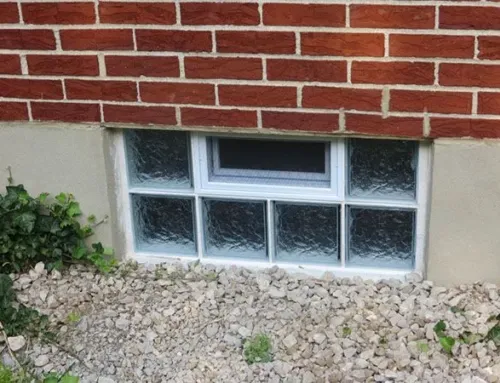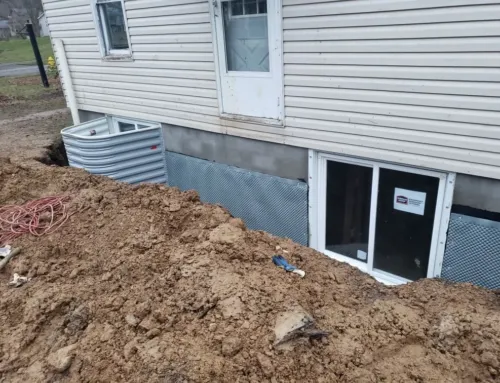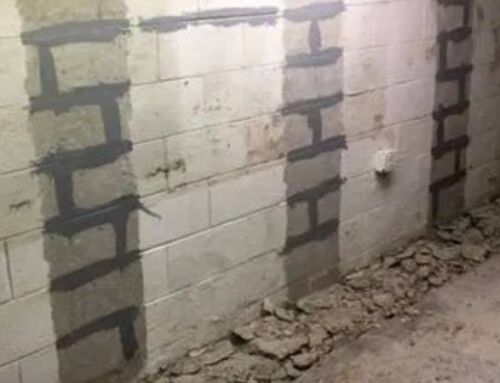Basements are notorious for high humidity levels.
This can lead to various problems such as mold growth, musty odors, and damage to your home’s foundation. In this blog, we will explore the importance of humidity control in basement waterproofing, the effects of high humidity in basements, and effective strategies to maintain optimal humidity levels for a dry and healthy basement environment.
Understanding the Impact of High Humidity in Basements:
Basements are naturally more susceptible to high humidity due to their below-ground location and limited ventilation. High humidity levels in basements can result in the growth of mold and mildew, which not only damages your belongings but also poses serious health risks to you and your family. Excess moisture can also seep into the foundation walls, leading to cracks, weakening the structural integrity, and potentially causing water intrusion.
The Role of Humidity Control in Basement Waterproofing:
Humidity control is a crucial component of basement waterproofing. By maintaining proper humidity levels, you can prevent moisture buildup and mitigate the risk of mold growth, musty odors, and foundation damage. Effective humidity control strategies work hand in hand with other waterproofing measures to create a dry and healthy basement environment.
Effective Humidity Control Strategies:
Humidity control is a critical aspect of basement waterproofing. By implementing effective strategies such as utilizing dehumidifiers, ensuring proper ventilation, employing insulation and vapor barriers, and implementing a comprehensive waterproofing system, you can maintain optimal humidity levels in your basement. Remember, a dry and healthy basement not only protects your home’s foundation but also provides a safe and comfortable living space for you and your family. Prioritize humidity control as an integral part of your basement waterproofing efforts.









